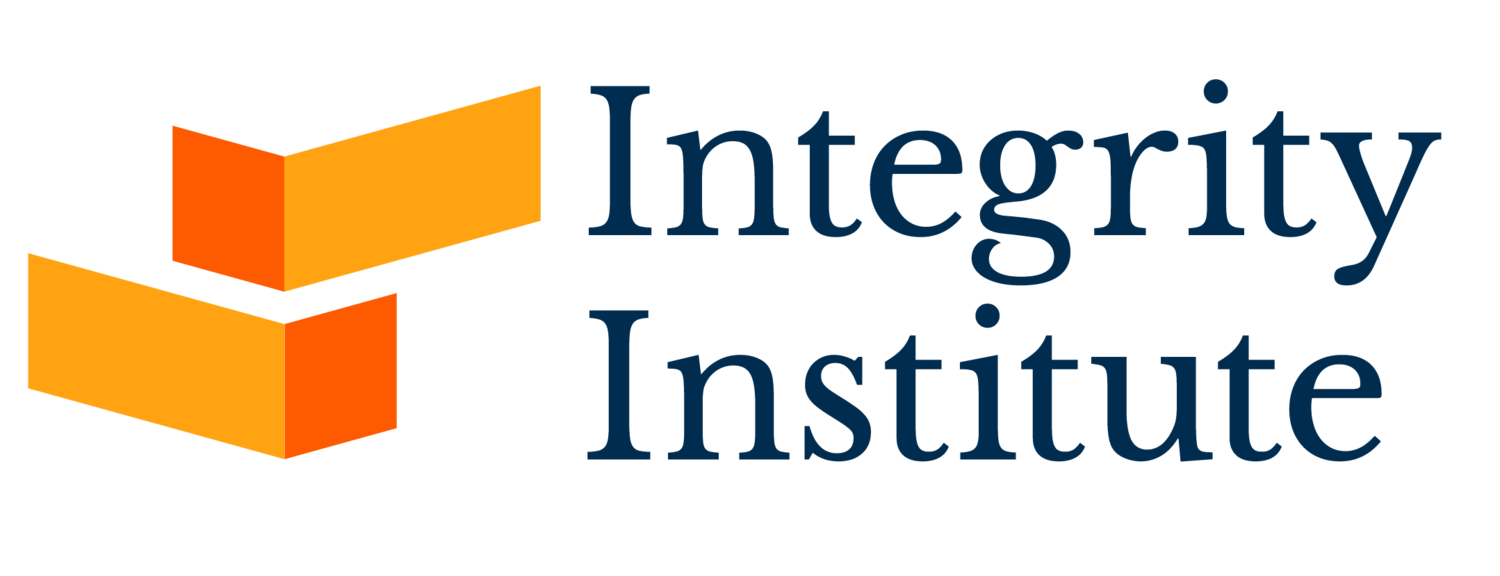New Results Tracking Misinformation Amplification in Nigeria
Hello,
The Nigerian election is a few days away, and we've updated our Misinformation Amplification Tracking to include Nigerian fact checks.
You can read our report here, and check out our dashboard here.
This is an update to our original analysis of misinformation amplification across platforms.
Tracking elections outside the US is critical. Social media can play a more important role in information ecosystems, and companies do not invest the same resources as they do for US elections. As part of our Elections Integrity Program, we will be tracking international elections through 2023 and 2024.
There are fewer fact checkers in the IFCN in Nigeria, compared to the US. And the fact checkers also produce a lower volume, just due to resourcing. So our analysis is limited to Facebook and Twitter, which are the only platforms where we have enough data to do a measurement. Twitter is amplifying misinfo significantly more than on Facebook. And the results are compatible with what we saw in the US midterms. The Misinfo Amplification Factor of Twitter in Nigeria is lower than in the US, which could be because it isn't as widely used or not in the same way regarding breaking news.
Why does Twitter have a higher Misinfo Amplification Factor than Facebook? Because of the Retweet button! We have seen this design pattern play a harmful role in both the US and Nigeria now.
A big gap in our analysis is WhatsApp. We are unable to estimate a Misinfo Amplification Factor for WhatsApp because we can't get the data. But WhatsApp is maybe the most widely used platform in Nigeria, and 16% of fact checks are of WhatsApp messages.
We also looked at how well our social media aware PageRank calculation is able to distinguish between the accounts that spread misinformation in Nigeria and the sources of accurate information. As in the U.S., PageRank does an excellent job. Low PageRank scores are dominated by sources of misinformation, which high PageRank scores go exclusively to accurate sources.
Read about all our findings in the report and check out the dashboard, and look for our posts on LinkedIn, Twitter, and Mastodon. We will continue to run misinfo amplification monitoring for as many international elections as we have capacity for!
News From Around the Institute
There is never a shortage of news here!
Sahar wrote in Tech Policy Press on the Gonzales v. Google case
Appplications are open for Kate Klonick’s 3 day workshop on the Governance of Online Speech at Yale!
Our members and Sahar helped Bloomberg better understand Twitter’s Bird Watch program
We have a new episode of the Trust in Tech podcast up, featuring myself and Derek Slater, covering AI generated content and creator ecosystems
Cheers,
Jeff Allen, chief research officer and co-founder



